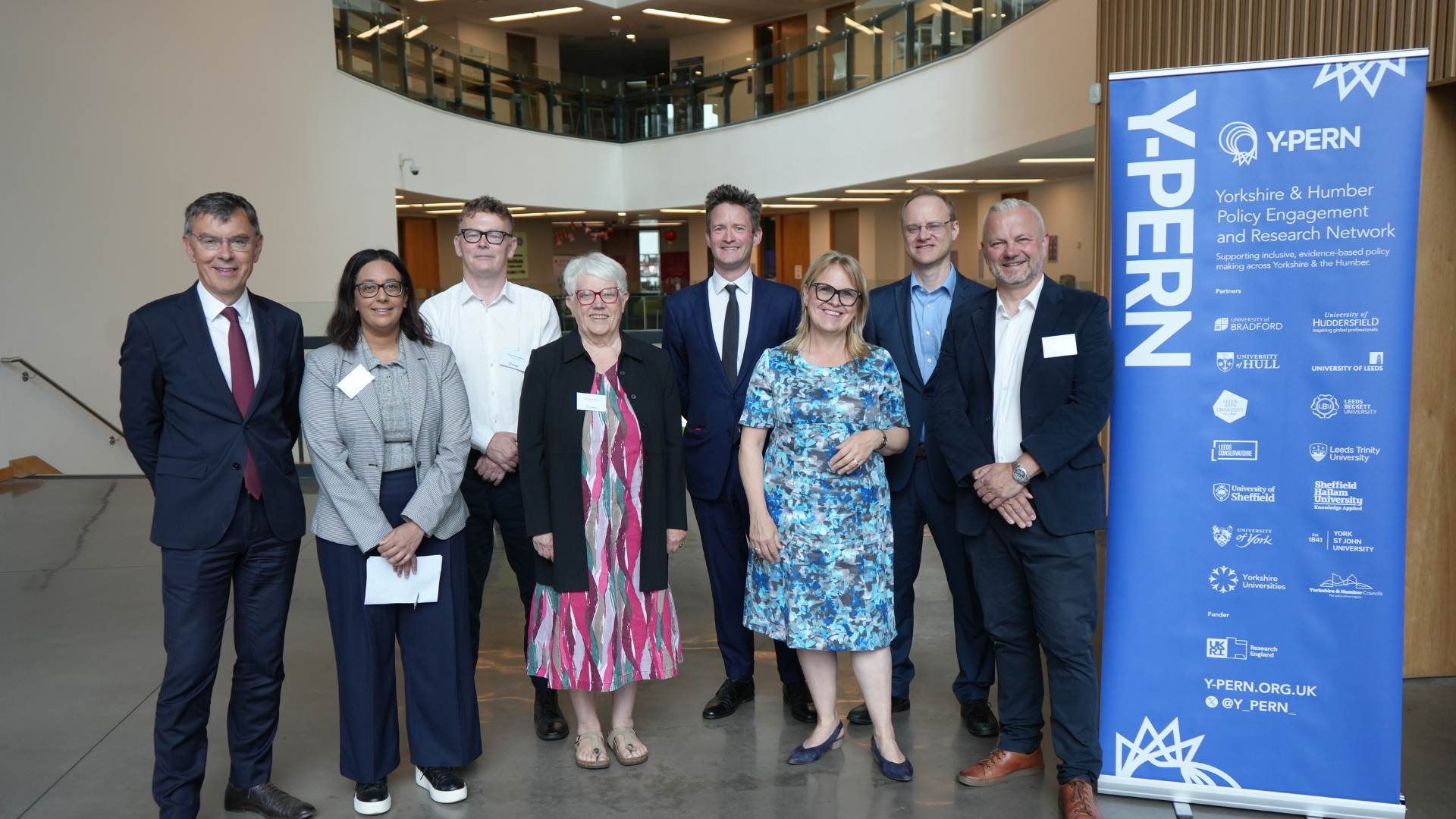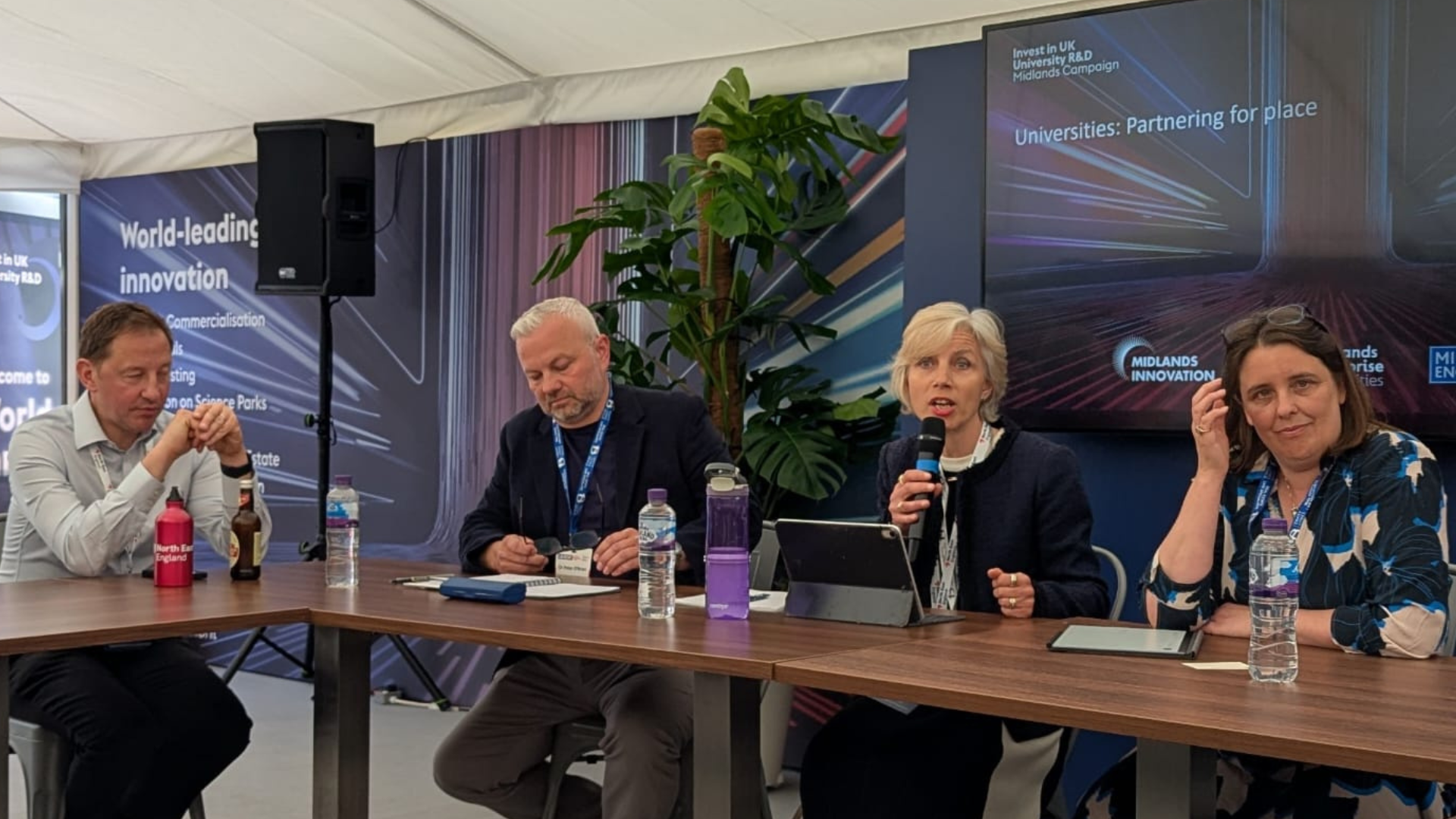Y-PERN 2025 Conference Delivers Breakthrough Collaboration Between Yorkshire’s Academic and Policy Leaders
This article was originally published by the Yorkshire Policy Engagement Research Network (Y-PERN). Major regional summit showcases innovative partnership model driving economic growth and social impact across Yorkshire and Humber The Yorkshire & Humber Policy Engagement and Research Network (Y-PERN) successfully hosted its 2025 conference at the University of Huddersfield, bringing together leading academics, policymakers, …










